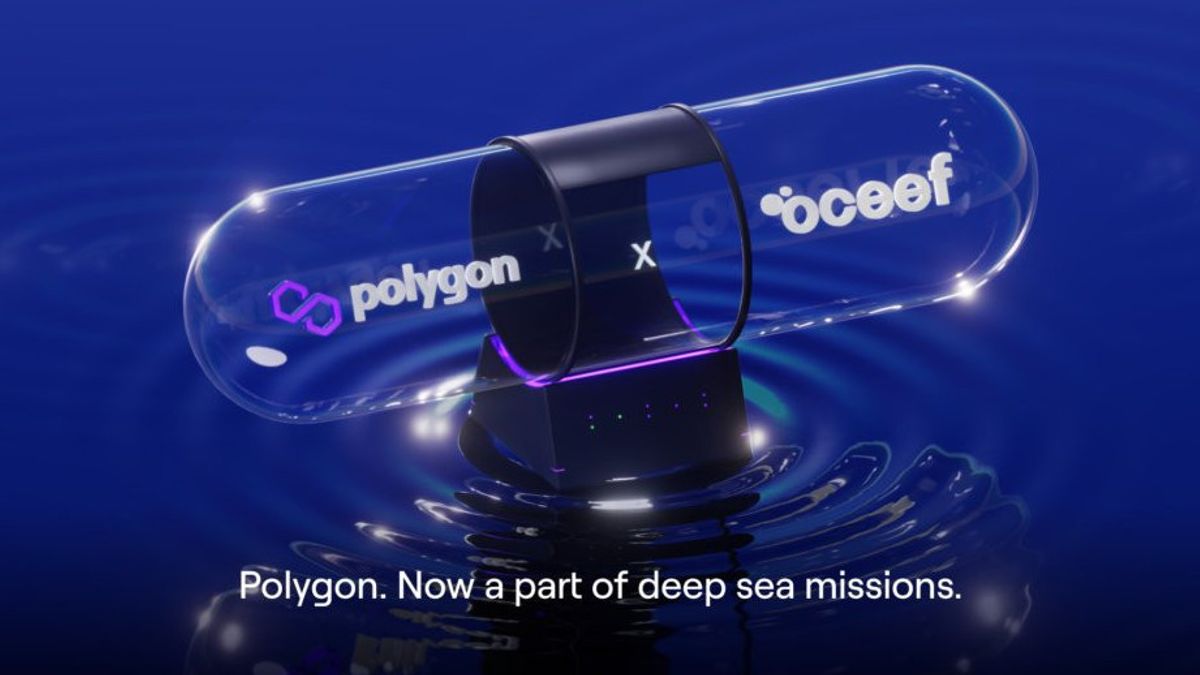JAKARTA - Ethereum's decentralized scaling platform, Polygon, has announced a partnership with the Ocean Conservation Exploration and Education Foundation (OCEEF) to promote ocean literacy through creative, entertaining and engaging new ways to give people exposure to underwater missions.
A new wave in marine conservation @oceef_, a world-class marine conservation NGO, is teaming up with #Polygon towards the next generation of marine conservation initiatives.
A new wave in ocean conservation 🌊@oceef_, a world class ocean conservation NGO, is working with #Polygon towards a next-gen ocean conservation initiative.
The aim is to offer interactive experiences via a governance platform where participants can assist in key decisions. pic.twitter.com/N40r3iu54f
— Polygon - MATIC 💜 (@0xPolygon) October 6, 2022
The goal is to offer interactive experiences through governance platforms where participants can assist in important decisions.
Polygon said that the goal of this collaboration is to offer an interactive experience through a governance platform where participants can assist in making important decisions around the RV Odyssey — one of the most advanced marine research vessels in the world. Participants will be able to explore a cutting-edge research vessel through an immersive and interactive experience on the Metaverse.
The partnership intends to enable participants to play a key role in deciding future ship voyage plans, research, and even engage in onboard missions through metaverse and other Web3 tools.
"Using our Polygon partnership and its carbon-neutral technology as a launch pad, we will use the technology to democratize access to ships via various Web3 platforms and give participants the ability to help decide future itineraries and research ships," OCEEF founder Alex Moukas told Green. Blockchain Summit 2.0 hosted by Polygon,
SEE ALSO:
OCEEF will also allow groups of students to join their teams for different missions and dives. This opportunity will be made available through the NFT which will be used to fund the project.
"Being able to facilitate global efforts like OCEEF's is humbling. I know that our technology fulfills the task of bringing these types of immersive, educational and change-making experiences to people around the world," said Sandeep Nailwal, co-founder of Polygon. as quoted by Cointelegraph.
In April, Polygon's core team committed to being carbon negative by the end of the year and dedicated USD 20 million to climate-related projects. Since then, Polygon claims to have achieved carbon-neutral status, eliminating 104.794 tonnes of greenhouse gases, more than the network's entire CO2 debt since its inception.
The English, Chinese, Japanese, Arabic, and French versions are automatically generated by the AI. So there may still be inaccuracies in translating, please always see Indonesian as our main language. (system supported by DigitalSiber.id)
















